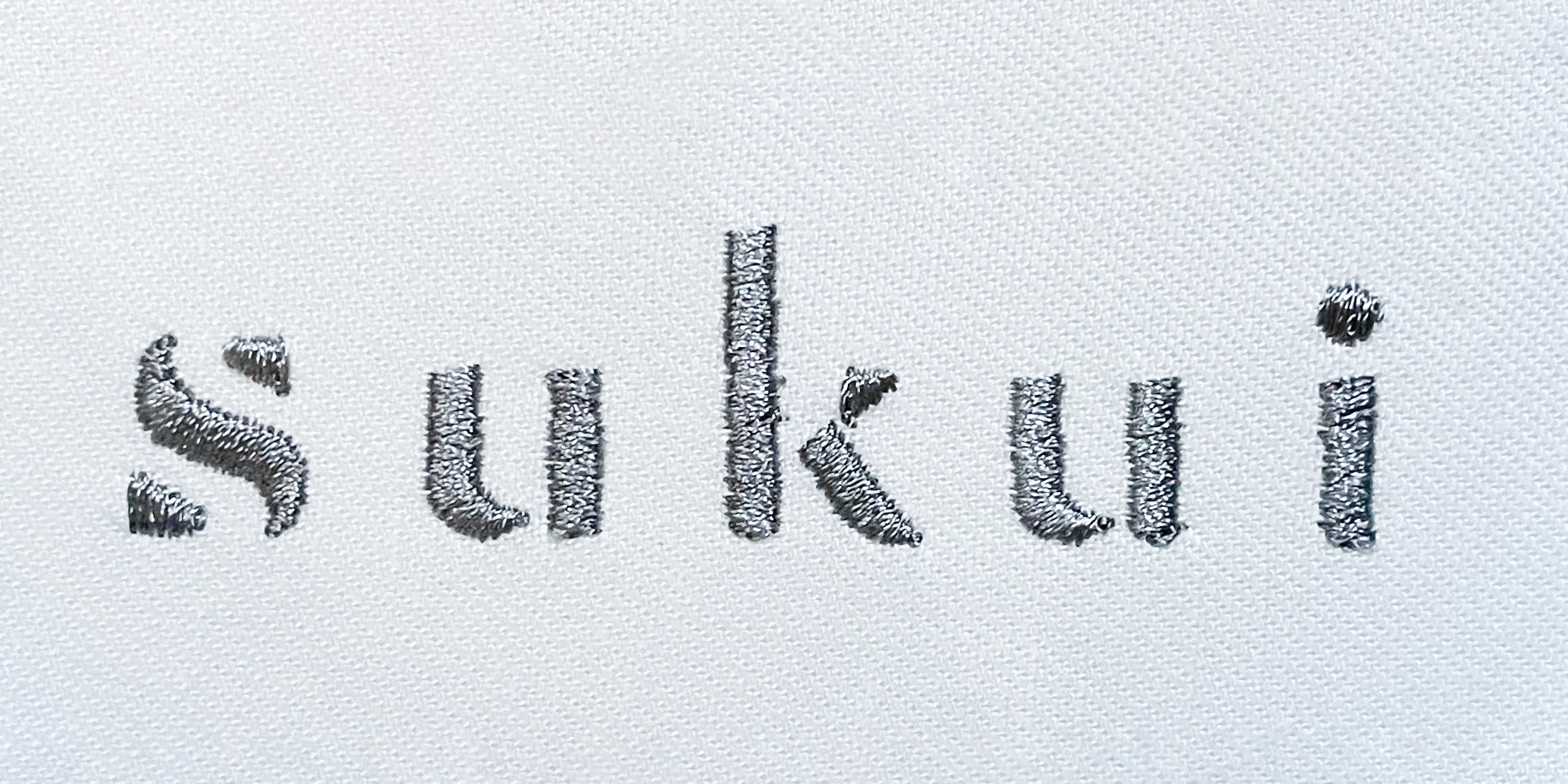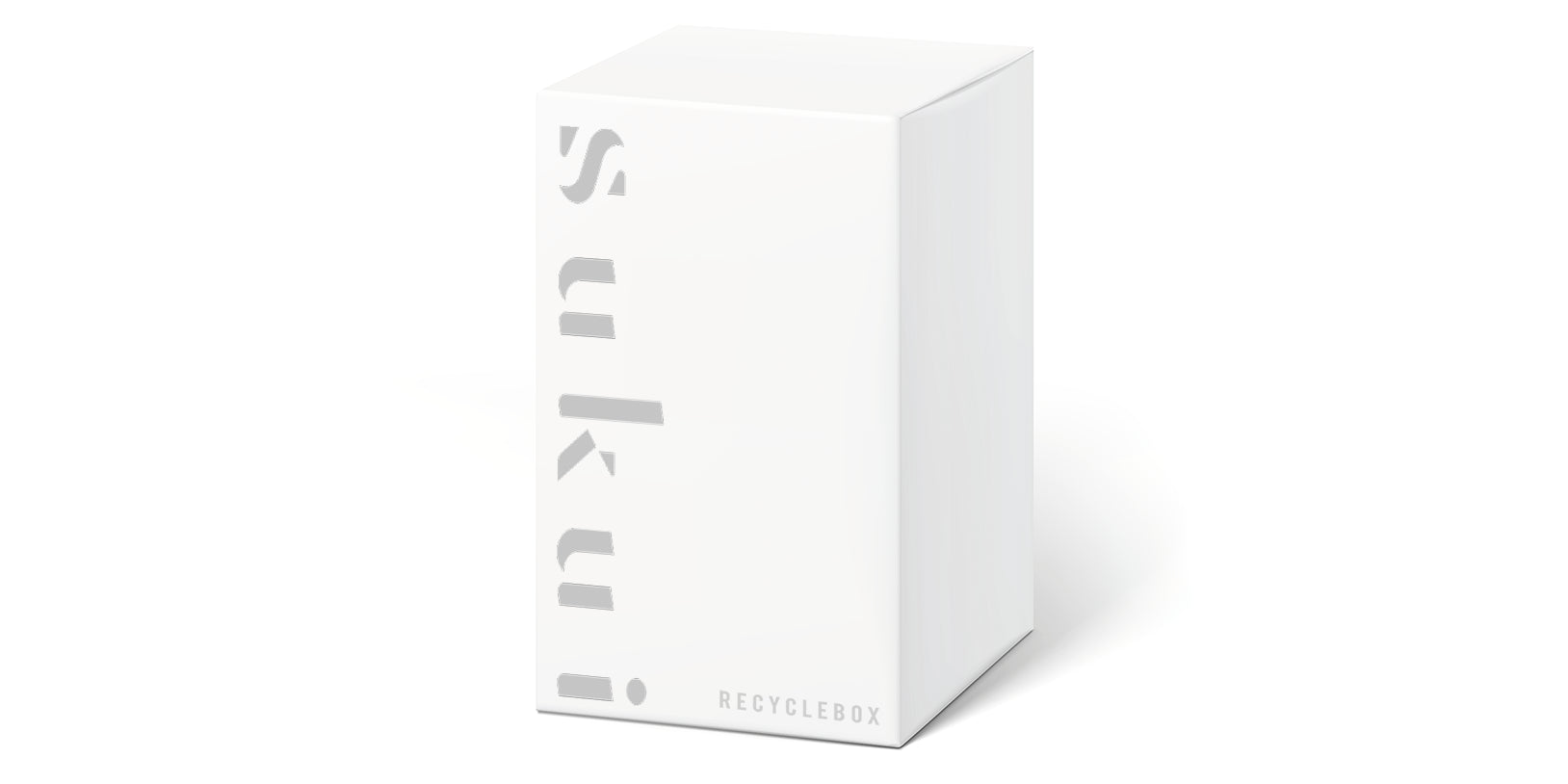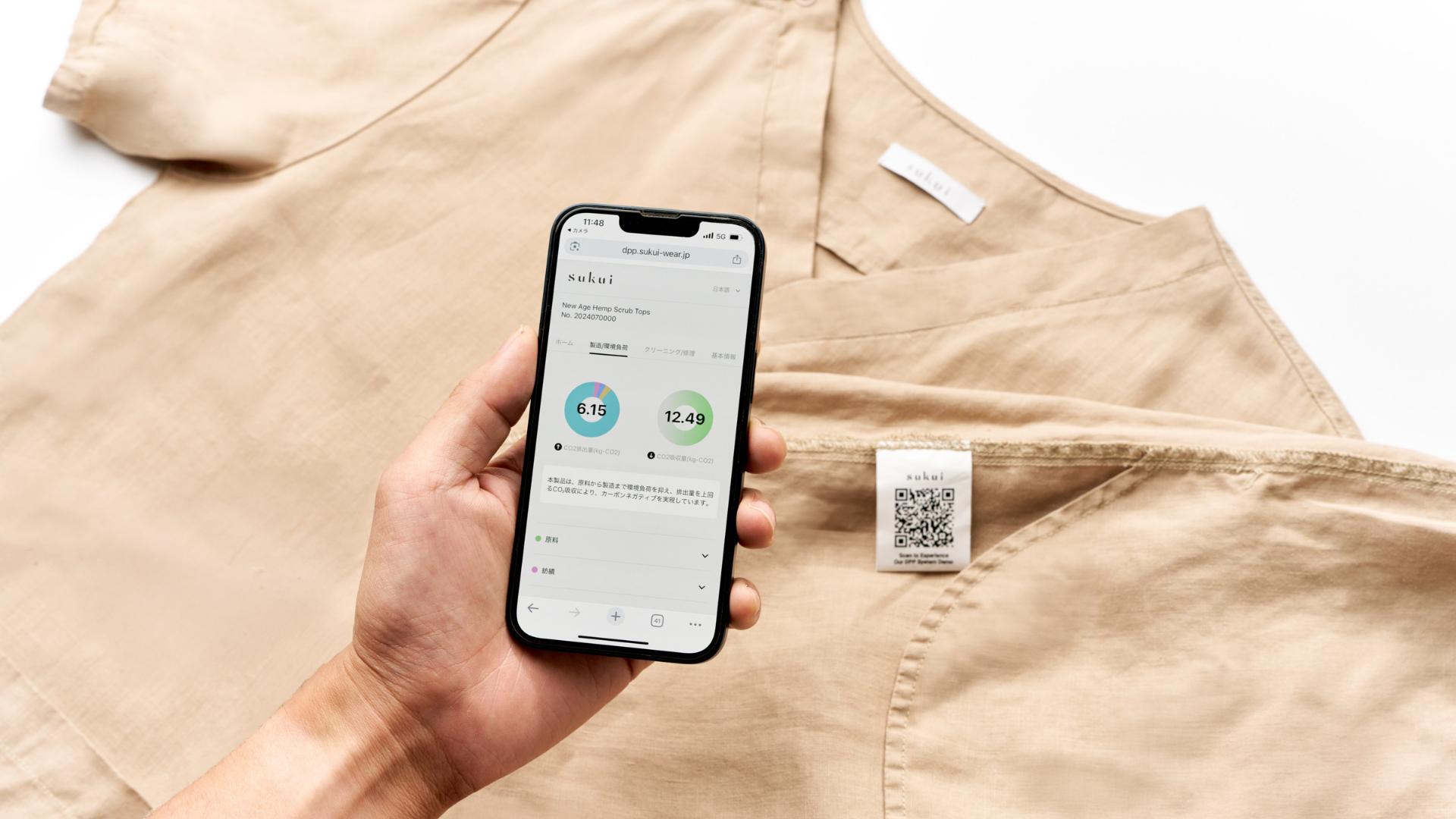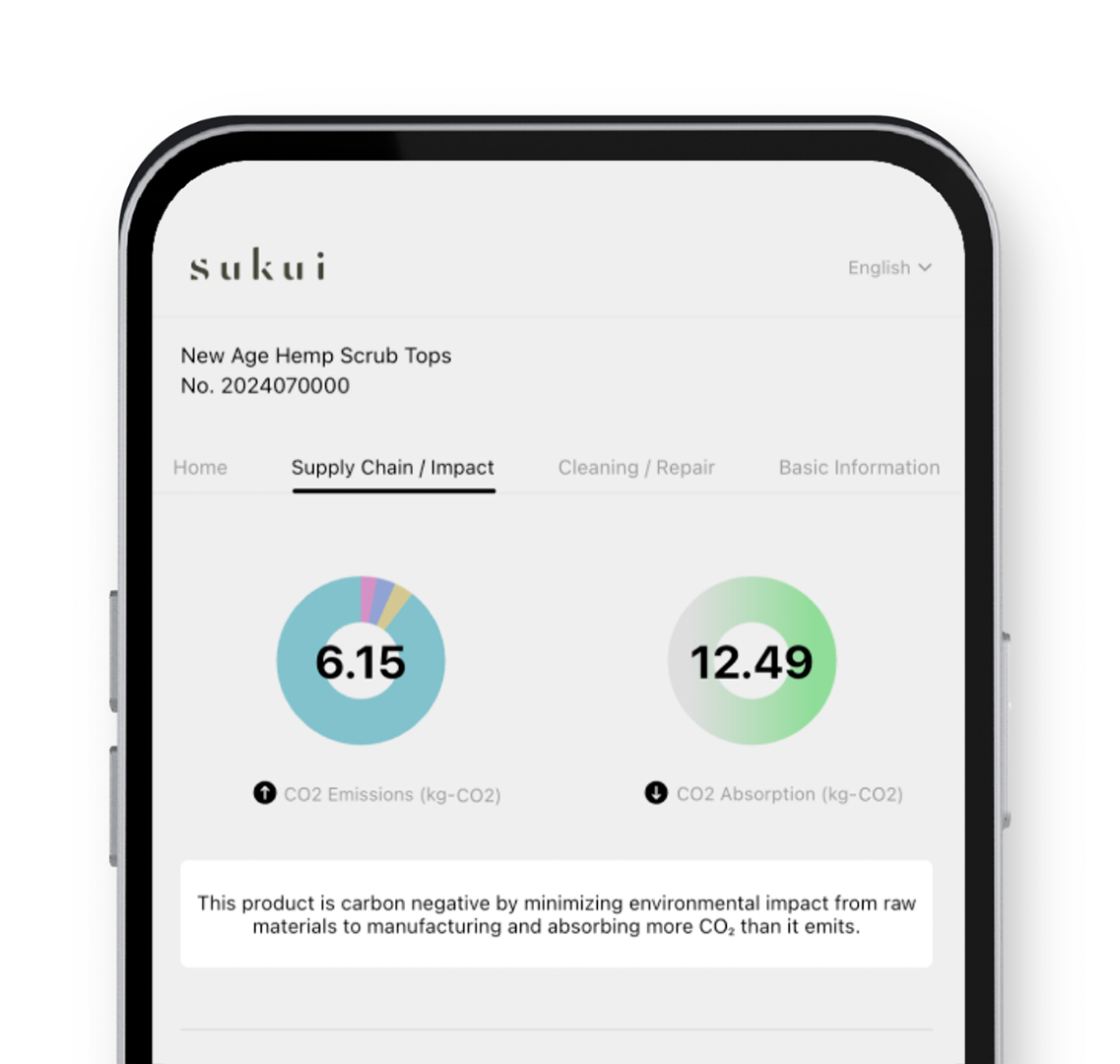
What is a DPP (Digital Product Passport)?
A Digital Product Passport (DPP) is a system that records comprehensive environmental information across the entire lifecycle of a product—from the procurement of raw materials, through manufacturing and use, to collection and recycling—and makes it accessible to anyone. With a simple scan on a smartphone or other digital device, you can instantly see where a garment was made, what materials it is composed of, and how it impacts the environment. The European Union plans to make DPP mandatory from 2027, and it is rapidly becoming an international standard. Anticipating this movement, sukui has become the first in Japan’s medical wear sector to equip all of its products with a DPP.
Information Made Visible by the DPP
By simply scanning the QR code attached to a product with a smartphone, you can access the following information.
This introduces a new standard: choosing medical wear not only to wear, but with a clear understanding of its background.
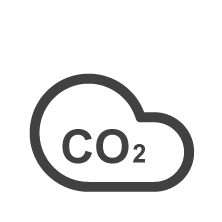
CO₂ Emissions and Absorption
Calculated using the internationally recognized LCA (Life Cycle Assessment) methodology. You can check the environmental impact per garment in numerical terms and clearly see its contribution to sustainability.

Types and Origins of Materials
Specifies what materials are used and where they are sourced from. This also confirms the use of hemp, a resource-efficient and environmentally friendly fiber.

Manufacturing Processes and Regions
Discloses which regions and partners are responsible for key processes such as spinning, sewing, and dyeing. This level of transparency builds trust.

Maintenance Records
When you use sukui’s repair or cleaning services, those records are stored in the DPP, supporting a culture of caring for garments over the long term.

Collection and Recycling Methods
Shows how products are collected and recycled once they reach the end of their lifecycle, offering a pathway to resource recovery rather than disposal.

Multilingual Support
Designed for use in medical settings both in Japan and overseas, enabling transparency to be shared across the entire supply chain.
Environmental Impact
Hemp, the primary material, absorbs significant amounts of CO₂ during cultivation.
Thanks to this property, sukui products absorb more CO₂ than they emit.
This achieves a “carbon-negative” balance and sets a new standard as medical wear that brings positive impact to the environment.
CO₂ Balance by Product
| Product | CO₂ Emissions | CO₂ Absorption | Net Balance |
|---|---|---|---|
| Top | 6.15kg | 12.49kg | -6.34kg |
| Pants | 8.68kg | 17.60kg | -8.92kg |
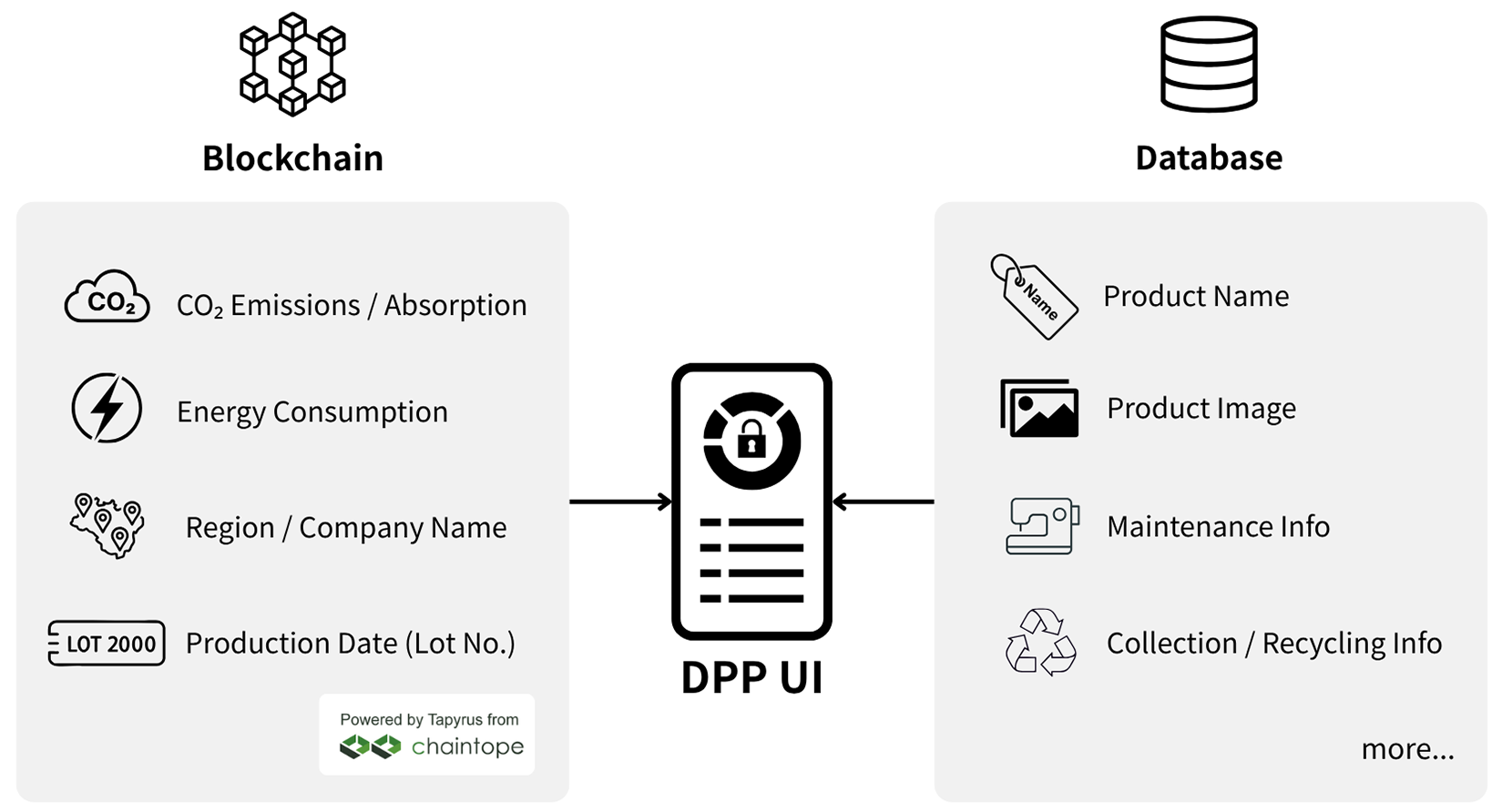
Key data such as CO₂ emissions and the origins of materials are recorded on Chaintope’s blockchain platform, Tapyrus. Blockchain functions as an “immutable ledger,” guaranteeing the accuracy and reliability of the information. Meanwhile, routine data such as product images and maintenance records are efficiently managed in a database. This hybrid structure achieves both tamper-resistance and operational efficiency.
The Value Brought by DPP
Transparency that enables confident choices.A tangible sense of contributing to the planet.
The ability to build trust in the medical workplace.sukui’s DPP delivers these three core values.
- Transparency You Can Trust
Medical wear with clearly disclosed materials, production background, and environmental initiatives ensures trust and peace of mind in the medical field. Transparency as a value supports your professional choices. - Contributing to the Environment and the Future
By confirming the CO₂ reduction of each garment in numbers, you can truly see how your choices contribute to the global environment. In addition, repair and cleaning records are stored in the DPP, supporting a culture of long-term use and connecting to a sustainable future. - Expanding Trust
Choosing medical wear that prioritizes environmental responsibility and transparency also strengthens trust with patients and colleagues alike.

